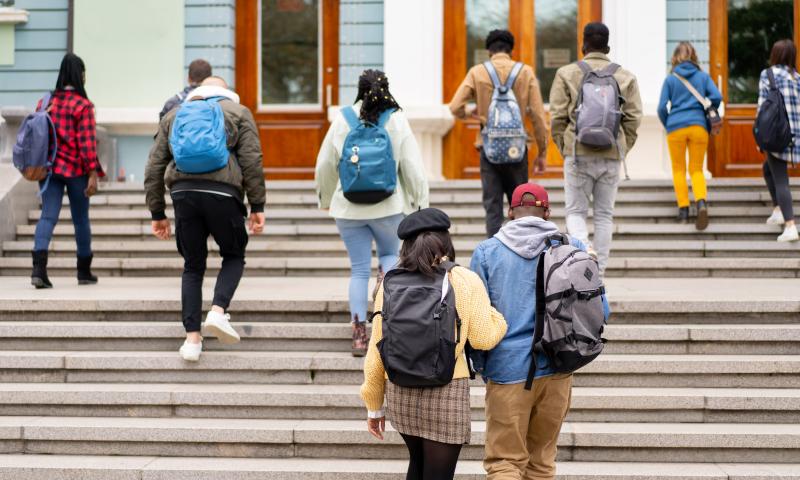Our demographers study multiple angles of biosocial demography and population health
The health and longevity of a population is a key barometer of overall welfare, reflecting the cumulative effects of the broader social, economic, and environmental conditions in which people live. Research in biosocial sciences is needed now more than ever to understand changes in population health, fertility and mortality globally. This research focuses on how social and biological processes interact over the life course.
Our Centre has been at the forefront of sociogenomics and complex trait genomics, combining the social science and genomics to understand complex behavioural phenotypes such as reproduction and fertility and chronotype. Since our Centre's launch, we have discovered 371 genetic variants linked to age at first sex and birth, identified variants linked to number of children, linking them with ancient genome data to find evidence of ongoing natural selection, but also acknowledged the challenges of this work. Our work is also at the methodological forefront, demonstrating how within-sibling genomic analyses decrease bias in estimates of direct genetic effects, how having a genetic 'night owl' chronotype protects night shift workers and how gene-environment dependencies lead to collider bias in models with polygenic scores. Our team also scrutinises the data samples used in genomics, engaging in a scientometric review, developed the GWAS Diversity Monitor (Nature Genetics) and analysed the genetics of participation.
The Centre is also a hub of expertise on population mortality and life expectancy. Our work has highlighted racial and ethnic disparities in mortality and 'deaths of despair', inequalities in retirement lifespan, life expectancy changes since COVID-19 in high income countries as well as specifically in England and Wales, Russia and Chile, with a recent study on excess deaths launched in the Netherlands. Our cross-cutting work has also examined the impact of violence on life-time uncertainty. The ERC MORTAL Project investigates the biosocial mechanisms underlying recent stalls in life expectancy in the US and UK.
Another branch of our research focuses on how social factors 'get under the skin' to impact health. Researchers have examined how socioeconomic status shapes immune function and risk of infections as well as links between infections and chronic diseases of aging. On-going projects include understanding the social determinants of the human microbiome and its links to aging.





